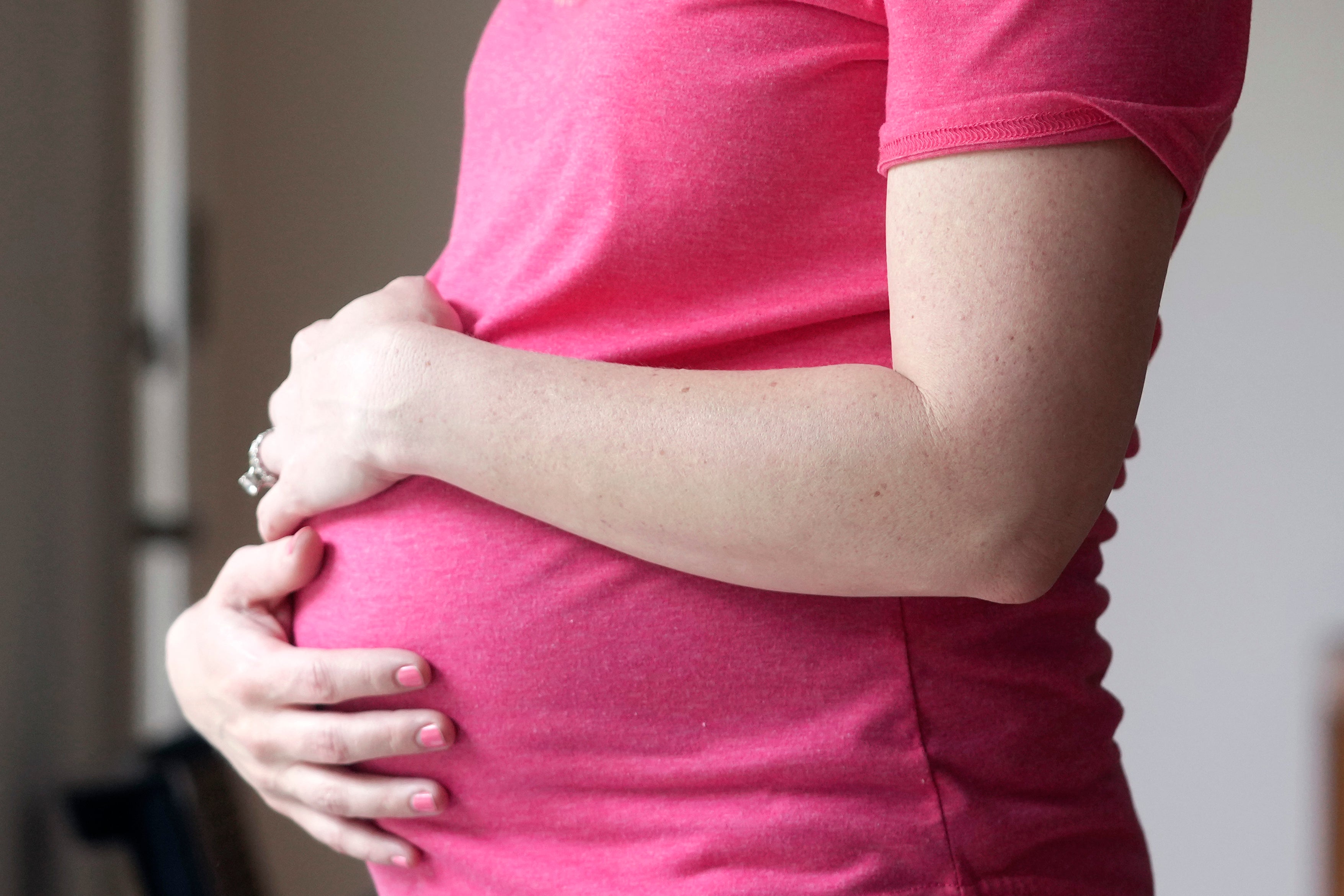Why the new post-natal depression wonder drug won’t help women like me
Following a traumatic birth with my first daughter, writes Clio Wood, I experienced mild PTSD and severe PND, which also manifested as rage


Post-natal depression (PND) is a long and confusing road. Technically, PND is precipitated by the birth of a baby, but it can be so much more than that.
I speak from experience. I was in the thrall of PND for many years – it took me months of therapy and a bucket-load of self-development to come out the other side. It nearly broke me, my family, my relationship with my daughter and my marriage.
I talk openly about my struggle with depression and rage after the birth of my first daughter. I do this partly to help others, and partly to help myself. By acknowledging my difficulties and the road to recovery, it reminds me to keep looking after myself on this ongoing journey.
But mostly I talk about it so that PND and other maternal mental health conditions don’t carry the scorn and judgement that so many of us feel when we suffer from these illnesses. If I prompt one mother to seek help, then I’ll consider my honesty worth it.
Following a traumatic birth with my first daughter, I experienced mild PTSD and severe PND, which also manifested as rage. I dragged myself crying, shouting, experiencing overwhelming hatred, self-hatred and sadness, through those dark days.
So the arrival of Zurzuvae, approved by the US Food and Drug Administration last week, should come as good news, shouldn’t it?
For many, it might be, and acknowledging PND as the serious illness that it is, rather than dismissing it as the “baby blues”, or as something that all mums must conquer, is certainly a positive step.
But is Zurzuvae a sticking plaster to get our healthcare systems off the hook for the lack of provision for postnatal women and poor funding for maternity and women’s health? My answer is a tired but resounding “yes!”
When I was pregnant, I was given no real information on postnatal depression, nor the likelihood of whether it might affect me. Figures vary, but as many as 20 per cent of new mothers suffer PND, with that number rising to nearly 50 per cent during the pandemic.
I also didn’t really know how to identify it, and that’s troubling because much of early motherhood is so soul-searingly difficult that the line between matrescence and mental health is blurred.
Post-birth, none of the safety nets caught me. Not the health visitors, not the midwives. I wasn’t even told about the existence of birth reflections counselling sessions, despite being given a debrief by the obstetrician to explain why the birth had been, shall we say, “non-standard”.
At my six-week postnatal check up with the GP I was asked about my mental health as an afterthought. He literally looked up from his desk as I was leaving, throwing the question after me as I struggled through the door with a screaming baby – “Oh, are you depressed?”
Culturally, we struggle with the idea that we should support women through matrescence. Birth is such a common occurrence, perhaps it isn’t that hard after all. But it is hard, and the conceptual “village” of support is non-existent in the Western world.
Like so much of modern medicine, Zurzuvae claims to rid you of symptoms, but it fails entirely to address the underlying causes of PND. If we supported women through this mind-boggling mental and physical identity shift in the first place, they might not need a pill to help them mask their struggle.
And what happens once you stop taking it? Without solving the causes of PND, relapse is highly likely. Solving mental health issues has never been sexy. It’s long-term hard work, lifestyle change and support. But that doesn’t get you back to work two weeks after birth, does it?
Clio Wood is a women’s health advocate and author of ‘Get Your Mojo Back, Sex, Pleasure and Intimacy After Birth’. Follow her on Instagram




Join our commenting forum
Join thought-provoking conversations, follow other Independent readers and see their replies